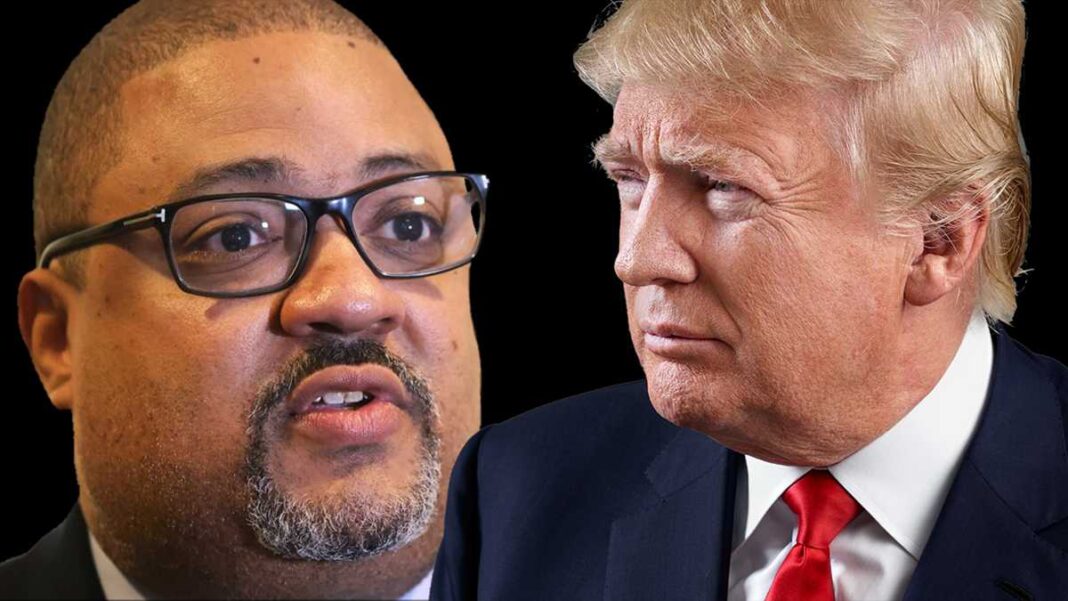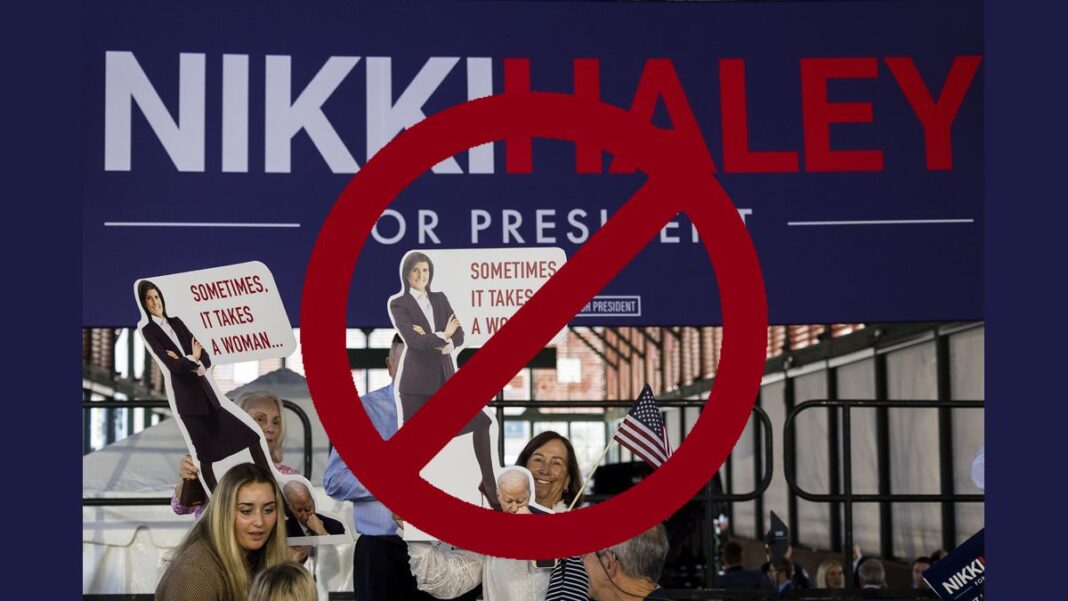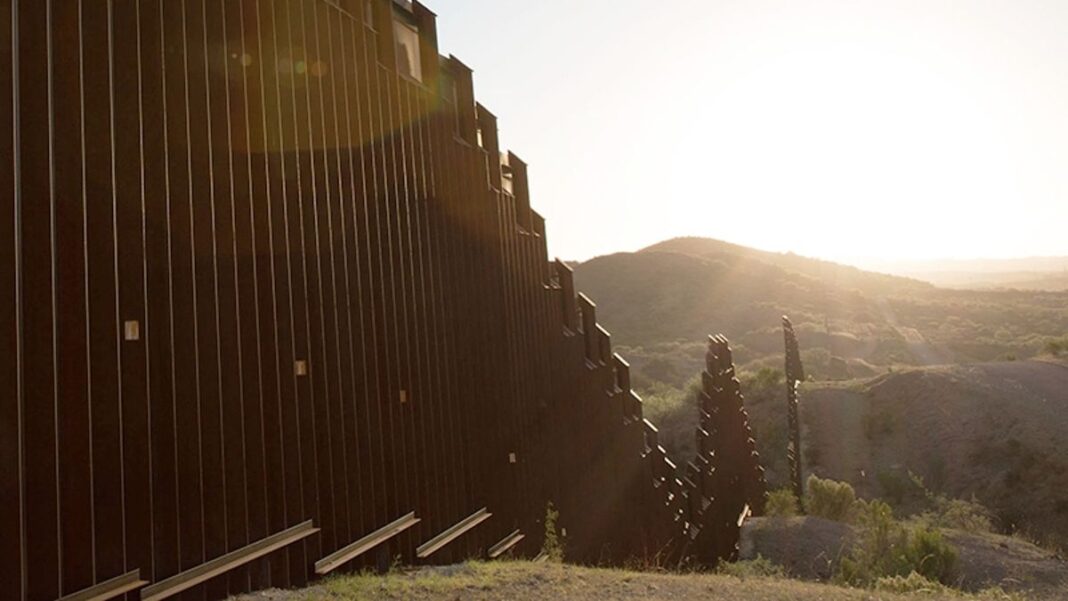The prosecutors argued several other courts have already upheld similar orders.
Manhattan District Attorney Alvin Bragg’s office is seeking a gag order that would prevent former President Donald Trump from making “certain extrajudicial statements” as a case alleging that the 45th president falsified business documents is heading to trial.
Last week, the district attorney filed a notice for the upcoming gag order motion, arguing that President Trump “has a long history of making public and inflammatory remarks about the participants in various judicial proceedings against him.”
The argument echoes those used in other jurisdictions to successfully gag President Trump during legal proceedings. A New York civil court and a federal judge in Washington both imposed gag orders on the former president with the reasoning that named parties may suffer undue harassment, and appeals courts in both cases upheld the gag orders in part for the same reasons.
As such, the Manhattan district attorney is arguing that “legal authority for such an order is well-established.”
They argue that the former president’s statements and the “inevitable reactions they incite from defendant’s followers and allies” will disorder the legal process and are likely to cause “material prejudice.”
The court has already issued a protective order regarding the “use of materials obtained through discovery and by subpoena,” and prosecutors now want an additional order prohibiting President Trump from making or directing others to make statements about “reasonably foreseeable witnesses concerning their potential participation in the investigation or in this criminal proceeding.”
Mirroring the language used by the D.C. Circuit Court of Appeals, the prosecutors ask that the gag order extend to statements about counsel other than Mr. Bragg, family and staff members of the district attorney or other counsel, and court staff if the statements are “made with the intent to materially interfere” with the case or cause others to and that it extend to statements about jurors or prospective jurors.
“As other courts have found, these reasonable prophylactic measures are amply warranted by defendant’s past conduct and by the risk of prejudice to the pending proceeding if appropriate protective steps are not taken,” prosecutors wrote.







